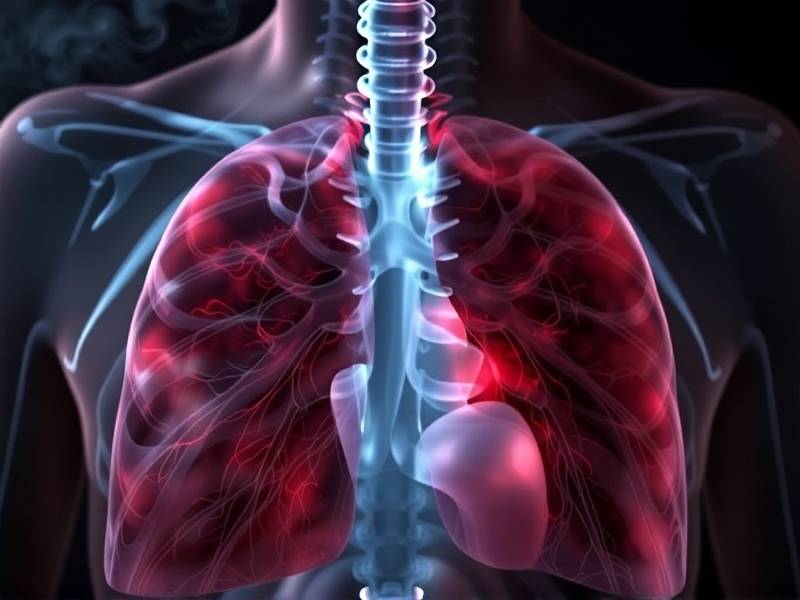Does Emphysema Go Away If You Quit Smoking?
Can Emphysema Vanish with Smoking Cessation?
Introduction: Emphysema, a chronic lung disease characterized by the destruction of the air sacs in the lungs, is a common concern among smokers. Many individuals who have been diagnosed with this condition often wonder if it's possible for emphysema to go away if they quit smoking. In this article, we will explore the potential impact of smoking cessation on emphysema and provide insights from medical experts.
Understanding Emphysema: Emphysema is primarily caused by long-term exposure to irritants, such as tobacco smoke. The condition leads to the enlargement of air spaces in the lungs, reducing their elasticity and making it difficult for individuals to breathe properly. While emphysema is a progressive disease, it's important to note that quitting smoking can significantly slow down its progression.

The Role of Smoking Cessation: Research has shown that quitting smoking can have a positive impact on emphysema. When individuals stop smoking, their lungs begin to heal and regenerate over time. The following points highlight the potential benefits of smoking cessation in managing emphysema:
-
Reduced Progression: Quitting smoking can significantly slow down the progression of emphysema. By eliminating exposure to harmful toxins, individuals can reduce inflammation and oxidative stress in their lungs.
-
Improved Lung Function: Over time, quitting smoking can lead to improved lung function in individuals with emphysema. This improvement may result from reduced inflammation and better oxygenation of the blood.

-
Enhanced Quality of Life: Smoking cessation has been linked to an enhanced quality of life for individuals with emphysema. By reducing symptoms such as shortness of breath and coughing, individuals may experience improved physical activity levels and overall well-being.
-
Increased Survival Rates: Research indicates that quitting smoking can increase survival rates for individuals with emphysema. By reducing the risk of complications associated with the disease, such as respiratory failure and cardiovascular diseases, smoking cessation becomes crucial for long-term health.
Challenges in Quitting Smoking: While quitting smoking is beneficial for managing emphysema, it's important to acknowledge that it comes with its own set of challenges:
-
Withdrawal Symptoms: Quitting smoking may result in withdrawal symptoms such as cravings, irritability, anxiety, and depression. These symptoms are temporary but can be challenging to overcome.
-
Relapse Risk: Relapse is common among smokers trying to quit. It's essential for individuals with emphysema to seek support from healthcare professionals or support groups during their journey towards quitting.
-
Alternative Risks: It's worth noting that while quitting smoking reduces the risk of further lung damage due to tobacco smoke exposure, other factors like air pollution or occupational hazards may still contribute to lung health issues.
Conclusion: While there is no guarantee that emphysema will completely vanish after quitting smoking, it is widely recognized that doing so can significantly slow down its progression and improve lung function over time. By overcoming challenges associated with quitting and seeking appropriate support, individuals with emphysema can enhance their quality of life and potentially increase their chances of survival.
Remember that consulting healthcare professionals is crucial when dealing with chronic conditions like emphysema. They can provide personalized advice and support tailored to your specific needs throughout your journey towards better lung health.
Note: The information provided in this article should not replace professional medical advice or treatment recommendations from healthcare professionals.
